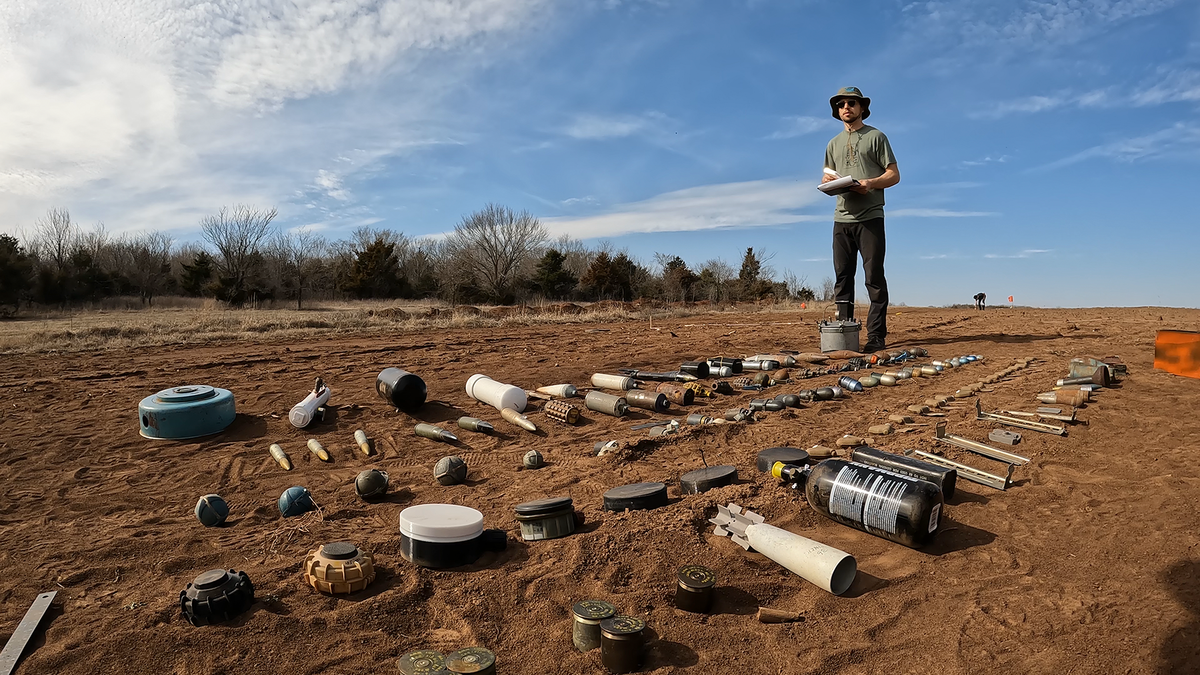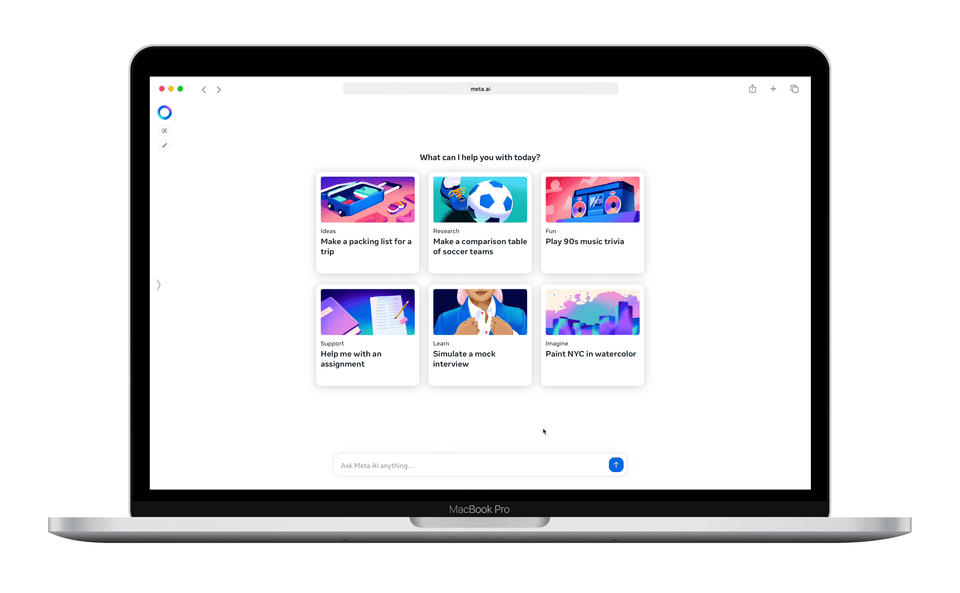This September, if all goes according to plan, the Bitcoin blockchain will take to the radio waves in Finland. The project is called Kryptoradio. It's the result of a partnership between Koodilehto, a Finnish co-op specializing in open technology development, and another group that was responsible for developing and encouraging the adoption of the alternative digital currency known as FIMKrypto.
Together they have secured the rights to transmit updates to the Bitcoin blockchain across digital terrestrial television in Finland. To do so, they will use Digita, a Finnish network that provides coverage for approximately five million people—95 percent of the population, according to their estimates. The transmissions are scheduled to continue for two months as part of a pilot program, and longer if they can find the funding for it.
In addition to broadcasting transactional data from the Bitcoin blockchain, Kryptoradio plans to provide updates from the major Bitcoin currency exchanges. The service will also transmit updates to the blockchain of the FIMKrypto currency.
Today, the blockchain (which tracks the creation and transfer of all bitcoins) lives primarily on a peer-to-peer network, and in order to access it, you need an Internet connection. But with the recent dramatic increases in Bitcoin's market value, there has been a push to diversify the way that this information is propagated. Finding new ways to broadcast the blockchain will increase the redundancy of the network, making it more resilient to attacks. Jeff Garzik, one of the core Bitcoin developers, is already well on his way to sending Bitcoins to space on a cubesat. (Garzik tells us that the launch contract has been negotiated; it's likely to be signed next month, and there could be a blockchain in space by August 2015.)
The developers behind Kryptoradio are also hoping that by providing a DVB-T broadcast of the Bitcoin blockchain, they will motivate companies to find new ways to integrate digital currencies. The transmission only goes one way, meaning you will be able to use Kryptoradio to check whether new transactions have been included into the blockchain, but you won't be able to send bitcoins.
According to Joel Lehtonen, the lead developer of Kryptoradio, there are many scenarios where a one-way connection could still be useful. “The primary idea is to use Kryptoradio for new applications that need an easy way to know whether a payment is made. Receiving blockchain information via radio waves is useful for services like parking meters and small business cash registries,” explains Lehtonen. “A parking meter, for example, needs only to know whether the payment has been done. It does not need to send anything. When the payment has been processed by whatever means, the parking meter receives a bitcoin transaction targeted to itself and provides the user with a ticket. The same applies to any other appliance, such as vending machines or laundromats.”
And according to Lehtonen, doing it this way might be cheaper than the alternatives.
He notes that Kryptoradio does not require uplink at the receiving endpoint, and therefore, no subscription plans or SIM cards are required. Receiving bitcoins for payment can be achieved without any additional transaction mediators or Internet service providers. “At the moment,” says Lehtonen, “we expect the savings to come from eliminating these recurring costs because only the hardware is needed.”
There is at least one concern, however. These broadcasts will be provided by a centralized authority, through the joint efforts of Kryptoradio and the Digita DVB-T provider. Any service relying on it will have to trust that these parties are transmitting the Bitcoin blockchain exactly as the rest of the world sees it.
In general, Bitcoiners tend to place much more faith in numbers than they do in humans. Lehtonen says that while the Kryptoradio project will start off very centralized, if it is successful, they will find ways to distribute trust in later versions. “All packets will be signed using cryptography (ECDSA),” he explains. “We use our own key in pilot transmissions. But in the future we are able to use multiple signatures. With multiple [signing authorities], it is possible for the receiver to choose a trusted peer for signing the data.”



